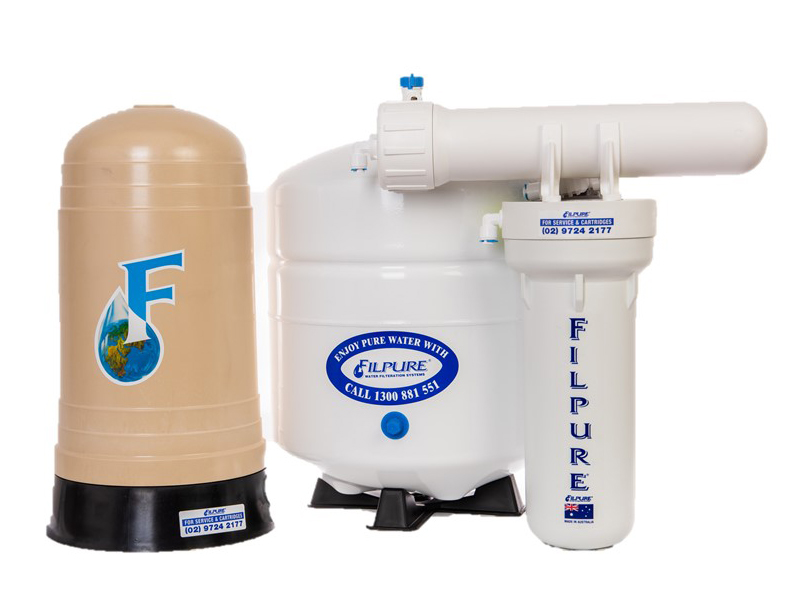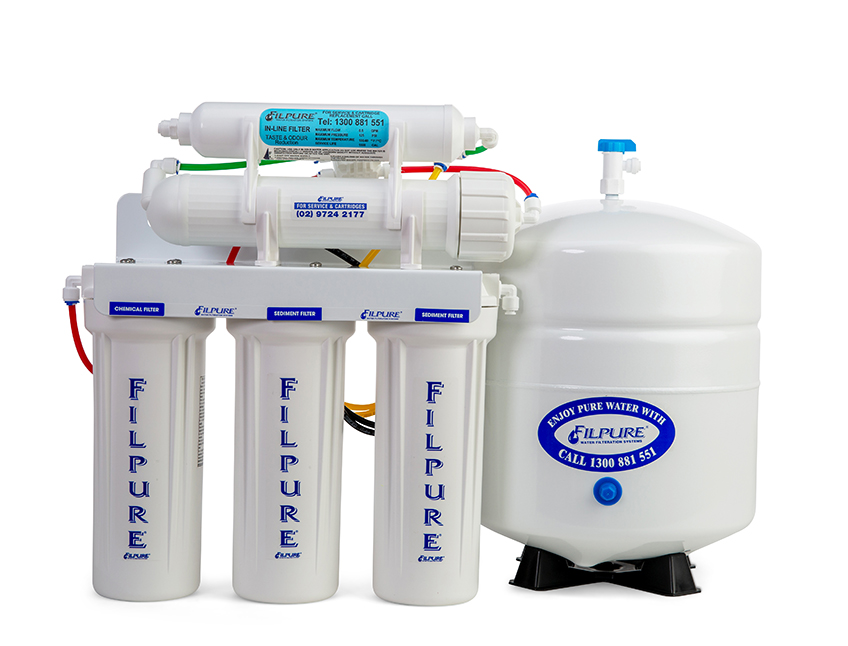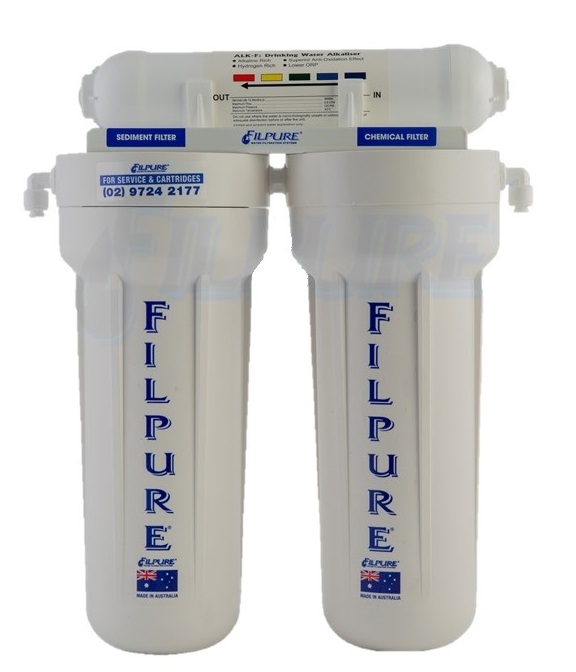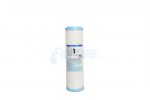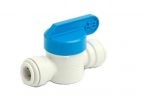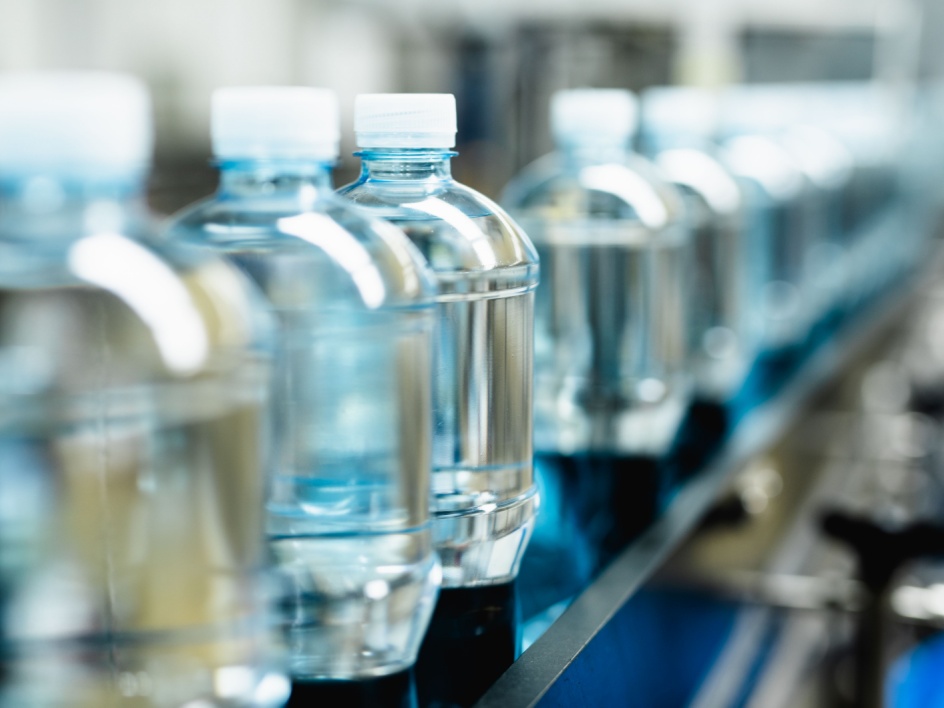
Is It Safe to Always Drink Bottled Water?
Bottled water is often perceived as a safer and more convenient alternative to tap water. However, the question of whether it is safe to always drink bottled water requires a nuanced examination of both the benefits and potential drawbacks of this common practice.
Advantages
Bottled water offers several advantages, such as convenience and portability, making it a popular choice for on-the-go hydration. Additionally, many people believe that bottled water is purer and safer than tap water, largely due to effective marketing by bottled water companies. However, relying exclusively on bottled water may not be as safe or beneficial as it appears.
Concerns
One of the main concerns with bottled water is the potential presence of microplastics. Studies have shown that microplastics can leach into the water from the plastic bottles, leading to unintentional consumption. A study by Orb Media found that 93% of bottled water samples from major brands contained microplastic particles, raising questions about the long-term health effects of continuous exposure.
Environmental Impact
Moreover, the environmental impact of bottled water is significant. The production, transportation and disposal of plastic bottles contribute to pollution and resource depletion. In Australia, an estimated 373 million plastic bottles end up in landfills or the environment each year, exacerbating the plastic pollution crisis.
About Water Filters
Given these concerns, investing in a home water filter can be a safer and more sustainable alternative. A quality home water filter can provide several advantages over bottled water. First and foremost, it offers a reliable source of clean and safe drinking water, free from contaminants such as chlorine, lead and microplastics. Additionally, using a home water filter reduces the environmental footprint associated with bottled water by minimising plastic waste.
When choosing a home water filter, consider the following factors to ensure you select a quality system:
Contaminant Removal: Look for filters that are certified to remove specific contaminants of concern, such as heavy metals, pesticides and microplastics. The certification should come from reputable organisations like NSF International or the Water Quality Association.
Filter Type: Different filters are designed for various purposes. For instance, activated carbon filters are effective at removing chlorine and organic compounds, while reverse osmosis systems are capable of removing a broader range of contaminants, including dissolved salts and microplastics.
Maintenance and Cost: Consider the long-term maintenance requirements and cost of replacement filters. Some systems require frequent filter changes, which can add to the overall cost.
Flow Rate: Ensure that the filter meets your household’s water usage needs without significantly reducing water flow.
While bottled water offers convenience, it may not always be the safest or most sustainable option. Investing in a quality home water filter can provide peace of mind, ensuring access to clean and safe drinking water while reducing environmental impact.


